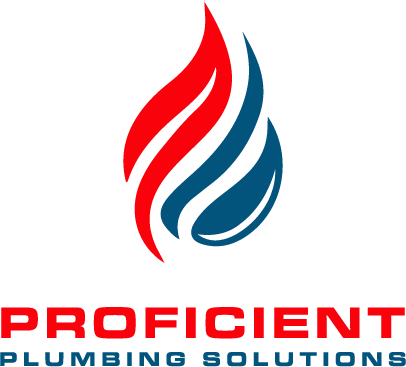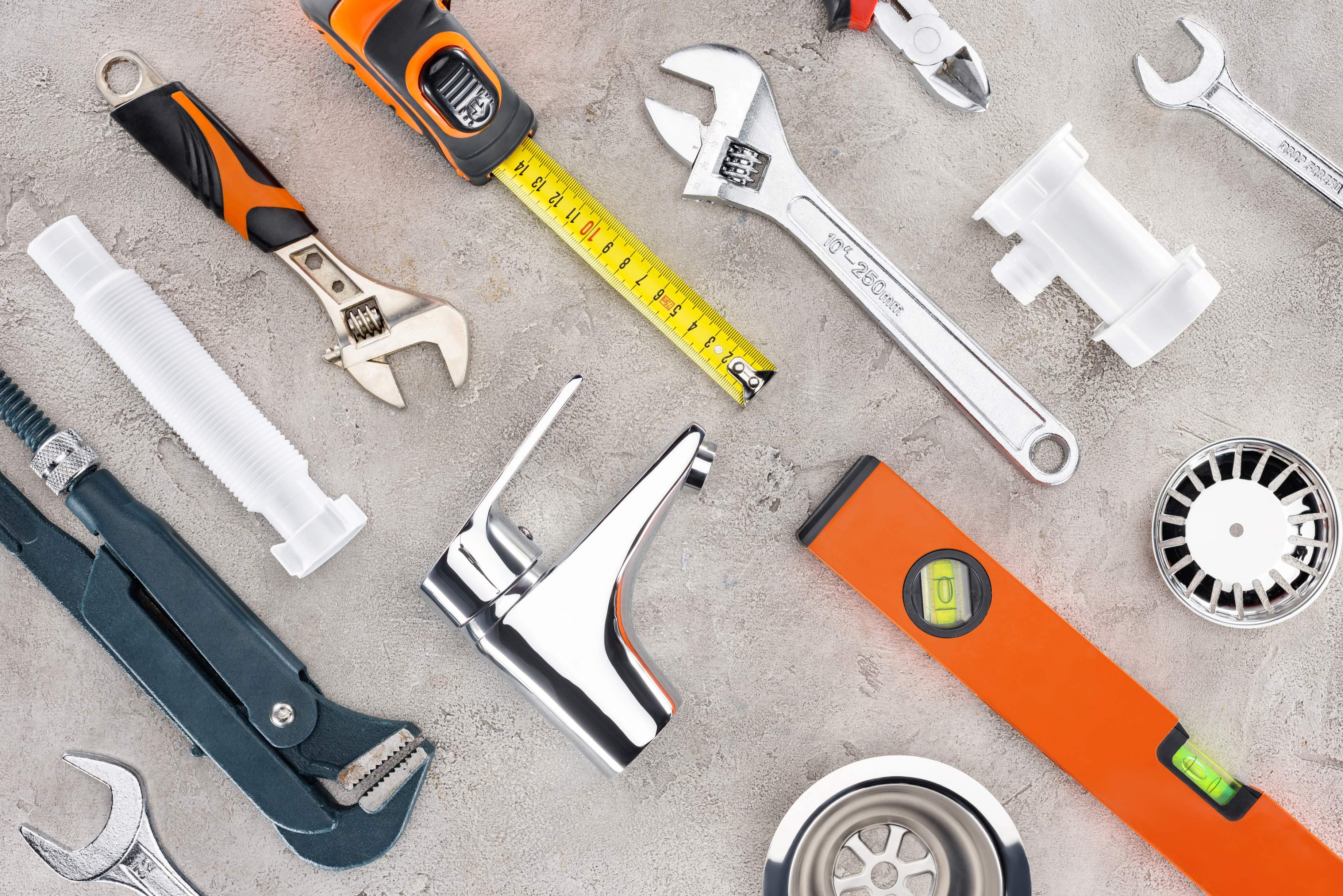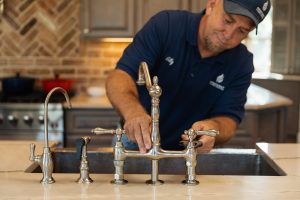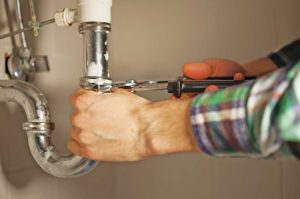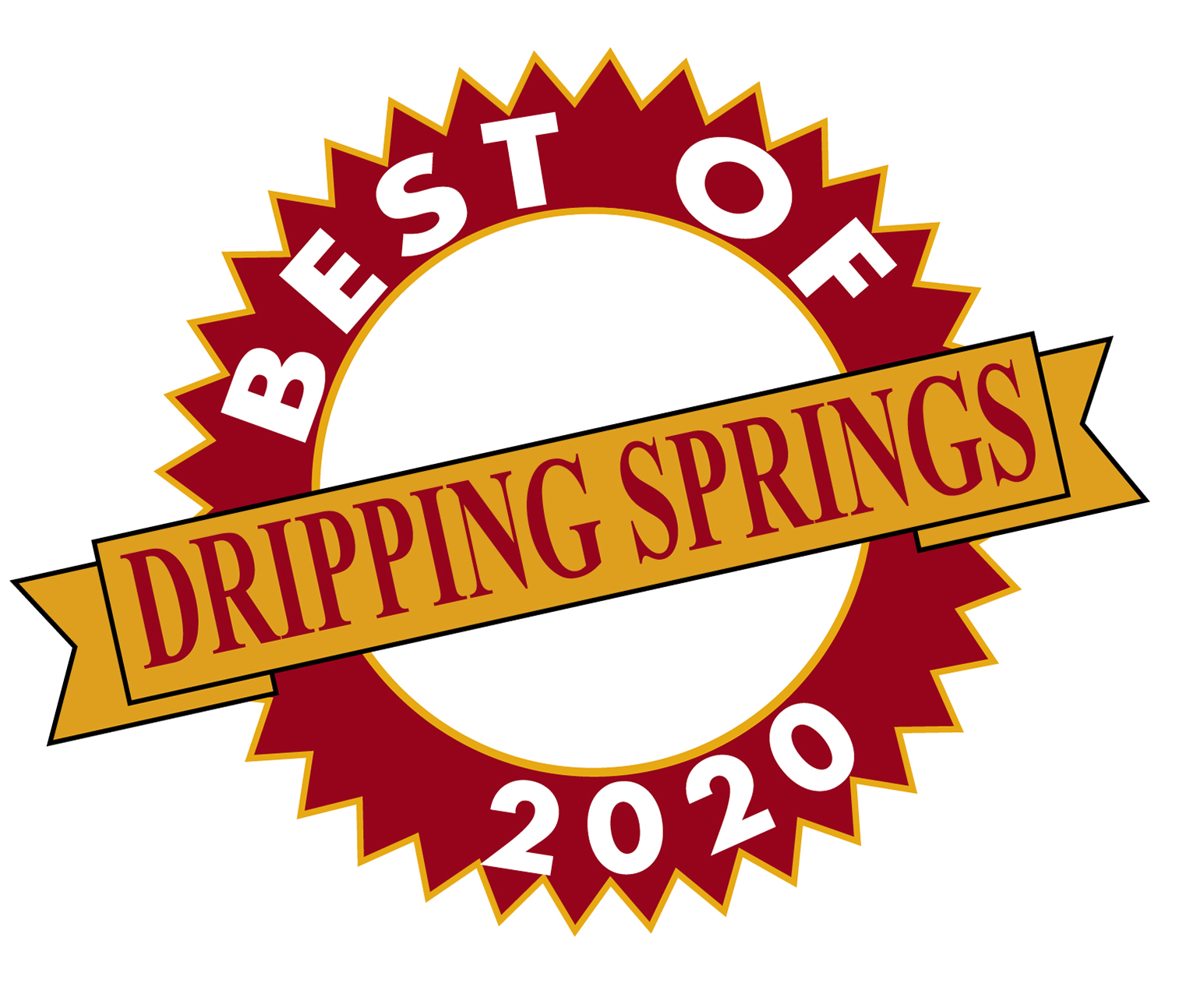Are you a homeowner looking to save on plumbing costs, or are you considering installing new fixtures yourself? Plumbing is essential for homes & businesses alike, from bathrooms to kitchens to laundry rooms, – it’s vital to have the knowledge necessary for proper installation & maintenance.
In this blog post, we highlight the basics of plumbing for homebuilders, contractors, homeowners, and anyone who needs some plumbing knowledge!
With our knowledgeable tips & insights gained from many years of plumbing experience, we will provide all readers with an understanding of what they need to know when it comes to basic plumbing 101.
What Is Plumbing 101 & Why Is It Important For Homeowners?
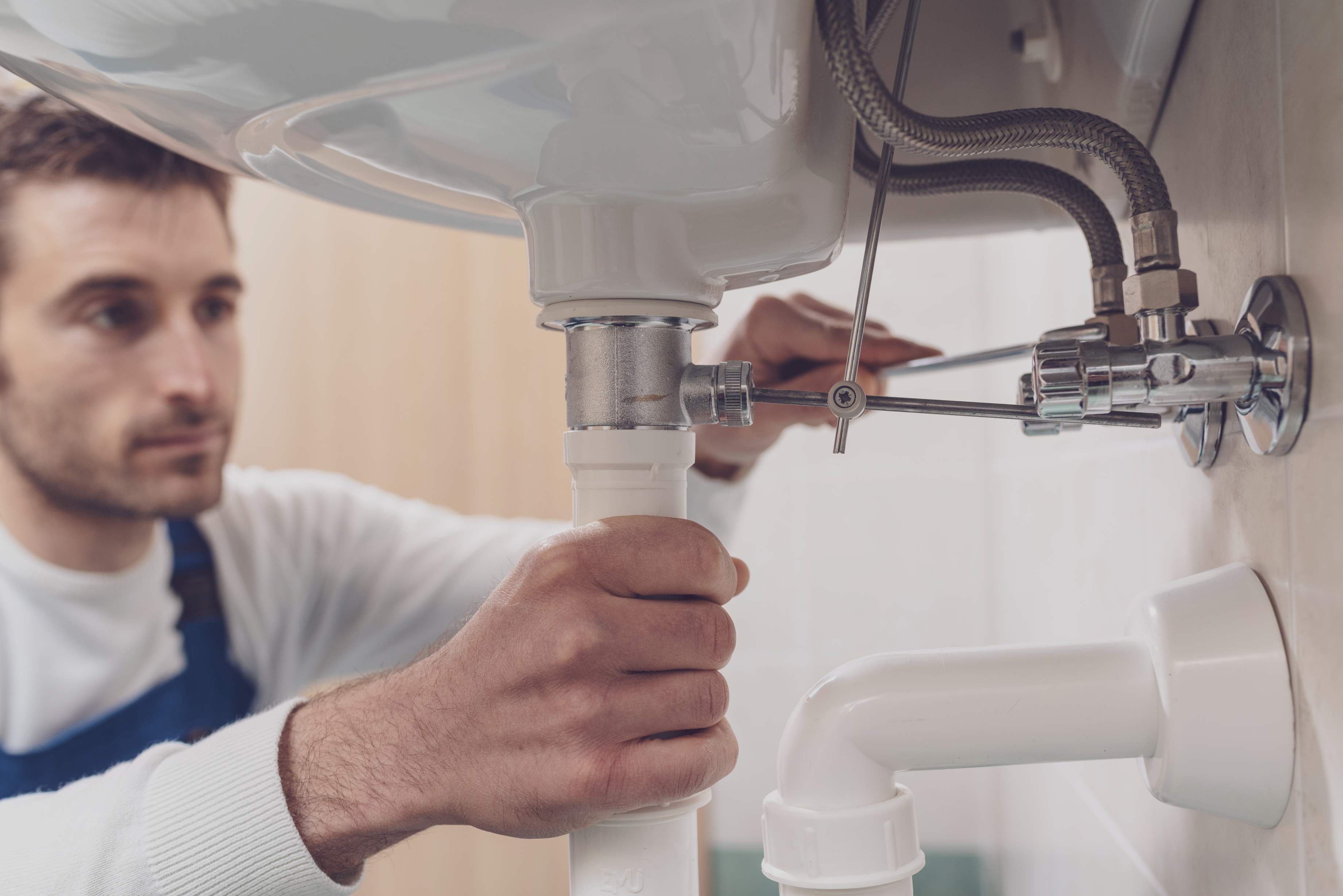
Plumbing is the system of pipes & fixtures that delivers clean water into buildings & drains wastewater. Homeowners need to understand plumbing basics to identify potential problems, maintain their systems, & save money on costly repairs.
Identifying Common Plumbing Problems:
Common plumbing issues range from noisy pipes or low water pressure to slow drains & leaks. To help you identify these issues, here are some common problems that occur in plumbing systems:
- Clogged Drains & Pipes
- Leaks
- Poor Water Pressure
- Noisy Pipes
- Low Hot Water Pressure
Basic Maintenance Practices Every Homeowner Should Know
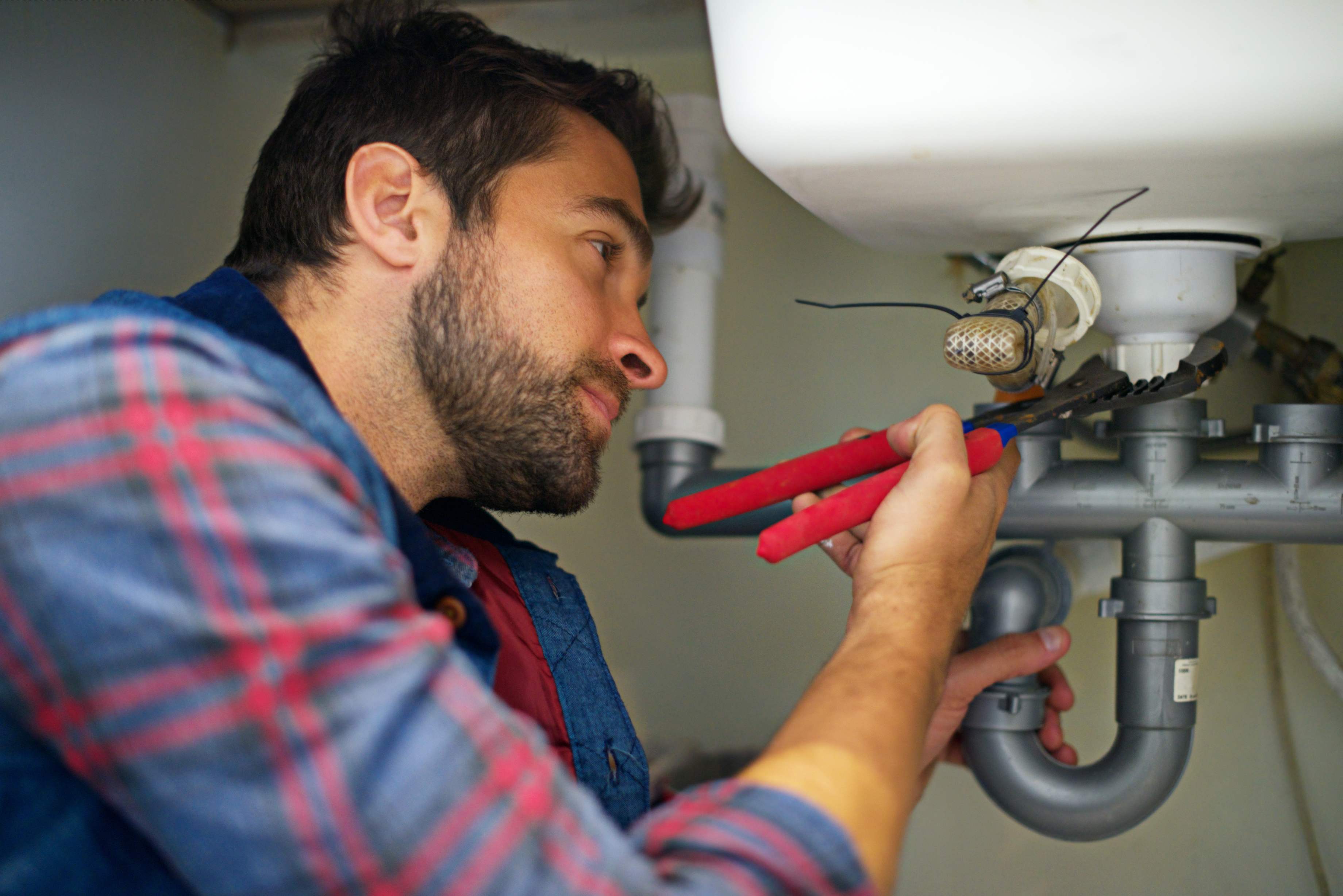
To keep your plumbing system in top shape, it is essential to practice basic maintenance. Here are some tips for maintaining your plumbing system:
- Check your pipes regularly for leaks or blockages.
- Avoid pouring grease, fats, & oils into the sink, as they can clog drains.
- Avoid flushing items like paper towels, cotton swabs, & feminine hygiene products down the toilet.
- Check appliances regularly for signs of leaks or corrosion.
How To Detect Plumbing Issues Before They Become Too Severe?
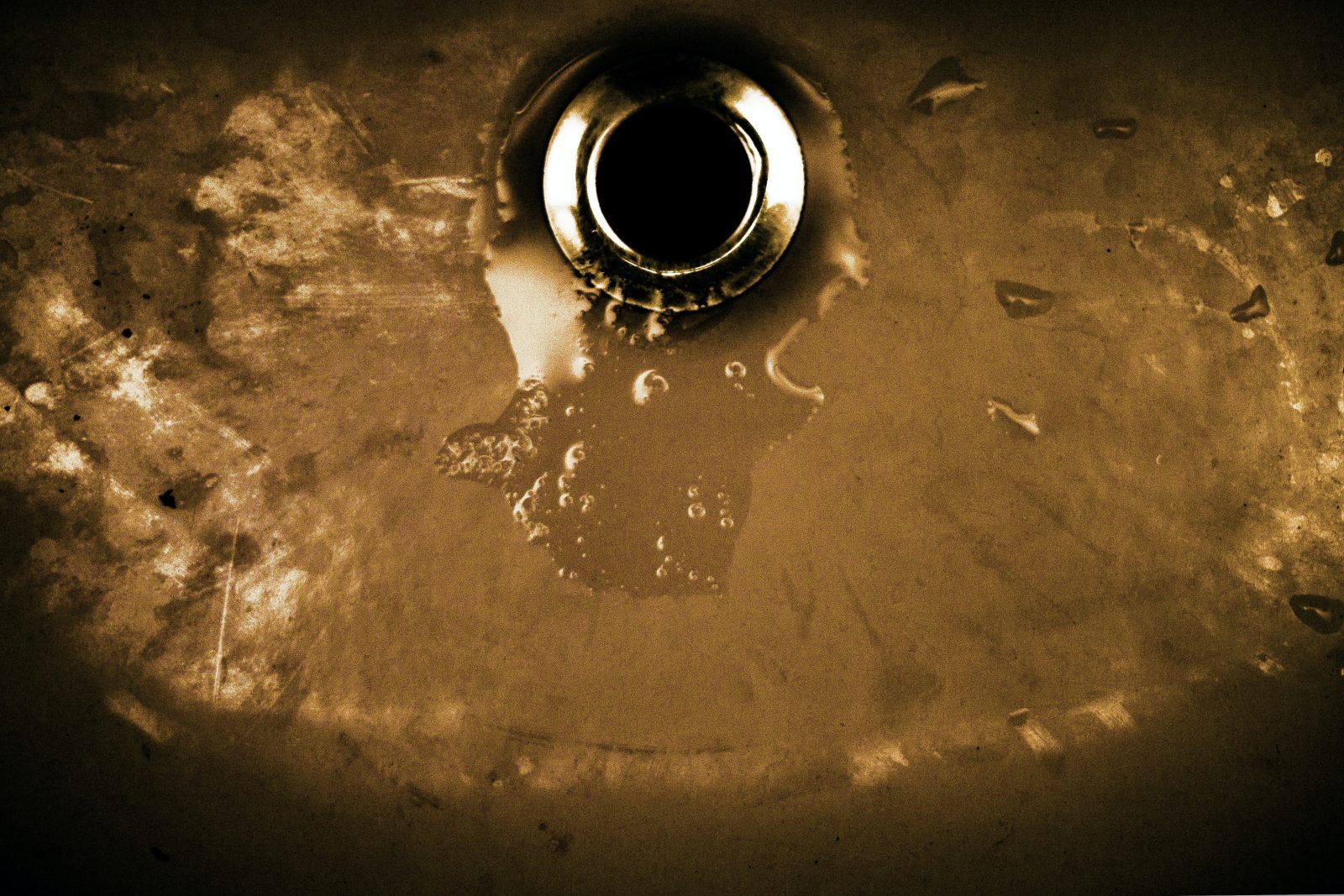
It’s crucial to detect plumbing issues before they become too severe. Here are some tips for catching problems early:
- Check for water stains or discoloration on your walls or ceilings.
- Listen for abnormal noises from your pipes, such as hissing, dripping, or banging.
- Check the floor around appliances & sink areas for any signs of pooling water.
Tips For Selecting A Quality Plumber & Understanding Their Services
When the time comes to select a plumber, it’s essential to choose someone experienced & reputable. Here are some tips for selecting a high-quality plumber:
- Check customer reviews online & ask friends or family members for referrals.
- Ask questions about the scope of their services, rates, & any additional fees they may charge.
- Be sure to ask for proof of their license & insurance.
Homeowners can save money on costly repairs by understanding plumbing basics & running their systems smoothly.
Safety Precautions When Handling Plumbing Projects Yourself
Although performing plumbing tasks yourself can save money, it is essential to take certain safety precautions. Here are some tips for safely handling plumbing projects:
- Read & understand the instructions for each project before beginning.
- Wear protective gear, such as gloves & eye protection.
- Test the system after completing each step to ensure it works correctly.
- Turn off all water sources & power before beginning any plumbing tasks.
DIY Vs. Professional Installation Of Fixtures & Pipes
If you’re considering installing new fixtures or pipes yourself, it is vital to understand the difference between a DIY job & one done by a professional.
While DIY projects can undoubtedly save money in the short term, they also come with a greater risk of making costly mistakes that could lead to expensive repairs.
Hiring a professional plumber is always recommended for big projects like pipe installation.
Final Words
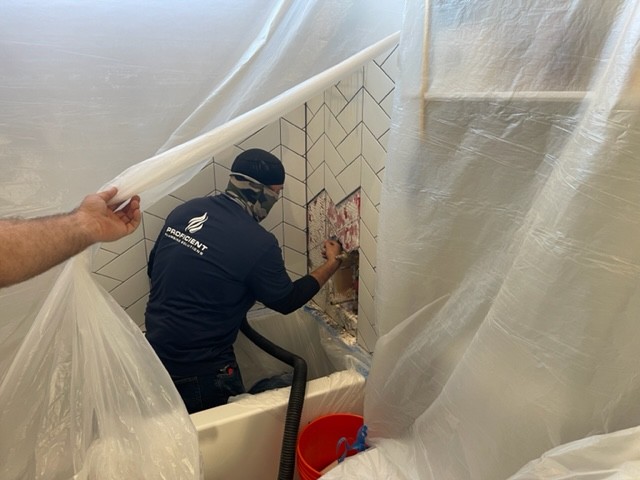
Plumbing service can be costly, so it’s essential to know some basics to prevent expensive repairs & save money in the long run. Being proactive & performing regular maintenance can prevent minor issues from becoming big disasters.
With all these tips in mind, you’ll be able to handle any plumbing situation that comes your way.
However, this blog post has provided you with all the information & tips necessary for proper plumbing maintenance, selecting a quality plumber, & understanding the difference between DIY & professional installation.
We hope you have found this information helpful & wish you the best of luck in your plumbing endeavors! Contact Proficient Plumbing Solutions for all your plumbing needs!
Thank you for reading our blog on Plumbing 101. Let us know if you have any other questions about Plumbing or need assistance with a project. We are here to help!
